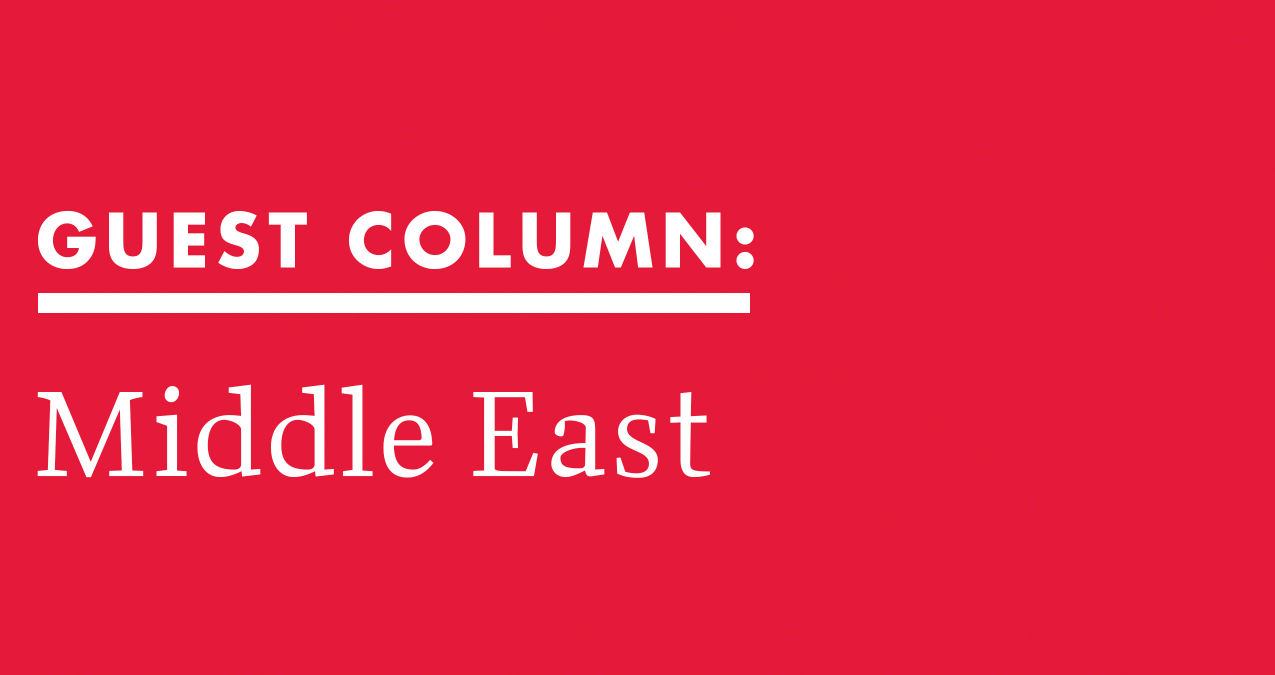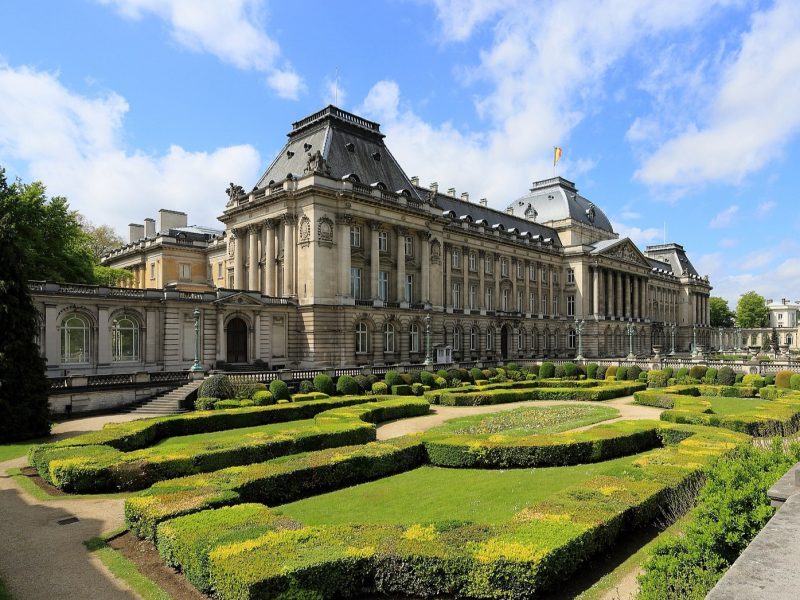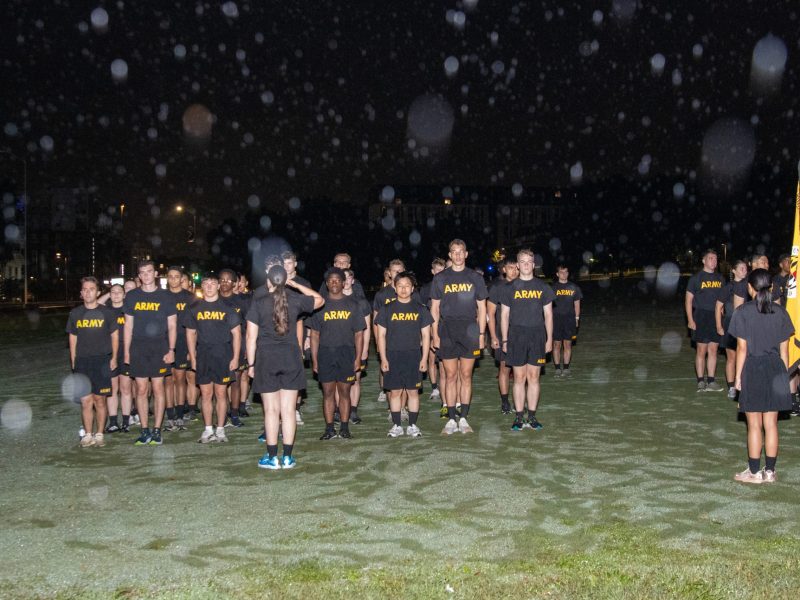
Middle East
Russia sent several hundred unarmed troops into Abkhazia, Georgia, in May 2008. By August of that year, Russia formally recognized the independence of Abkhazia and South Ossetia, both breakaway regions of Georgia supported by the Russians. Then-President George W. Bush condemned Russia’s actions.
At the start of 2014, Russia annexed the majority-Russian-speaking region of Crimea, Ukraine, after a disputed presidential election in the former Soviet-bloc country. The Obama administration responded by authorizing an economic embargo on Russian-controlled Crimea at the end of the year.
And on Sunday, Britain’s The Independent reported that Russia plans to increase aerial missions over Syria from about 50 to 300 a day, in an air campaign that began a few weeks ago as Russian President Vladimir Putin attempts to cripple the opponents of his staunch ally, Syrian President Bashar al-Assad.
What are we to make of this? Is Putin — as Hillary Clinton and several U.S. senators, including Marco Rubio and John McCain, have suggested — Adolf Hitler reincarnated? Or is the former Soviet intelligence officer piecing back together the old USSR?
It has been almost seven years since Russia’s first territorial expansion since the Soviet Union’s collapse, and as it turns out, Putin is no Hitler. And as a Feb. 16 article in The Atlantic illustrates, there is no evidence clearly pointing to Putin as a strong Soviet sympathizer — or, for that matter, a communist.
While Russia’s leader is by no means a satisfactory proponent of democracy (Putin’s views on press freedom, homosexuality and free enterprise are repugnant), there is no sense in tightening economic sanctions on Russia. Increased sanctions would do more to damage European economies largely dependent on Russian oil than they would to put pressure on Putin, who has made it a staple of his presidency to turn Western criticism of Russia to his favor.
According to the Levada Center, one of Russia’s largest polling institutions, Putin’s approval rating approaches an astonishing 90 percent, while more than 80 percent of Russians say the West is a threat to Russia.
A better strategy for the administration would be pursuing an understanding of mutual interest with Putin. Just like every nation — including the U.S. — Russia seeks to advance its interests abroad, especially in its own region. Fighting Islamic terrorist groups (like al-Qaeda and the Islamic State) serves Putin just as well as it serves America. The Obama administration should allow Russia to help crush the terrorists fighting Assad, as a power vacuum in Syria would most likely be filled by radical Islamists intent on destroying the West. That wouldn’t be good for America or Russia.
Developing a stronger relationship with Putin isn’t possible if America doesn’t allow Russia to pursue its regional interests. And if Russia is cut off from the West, it can’t learn from it or become like it.



